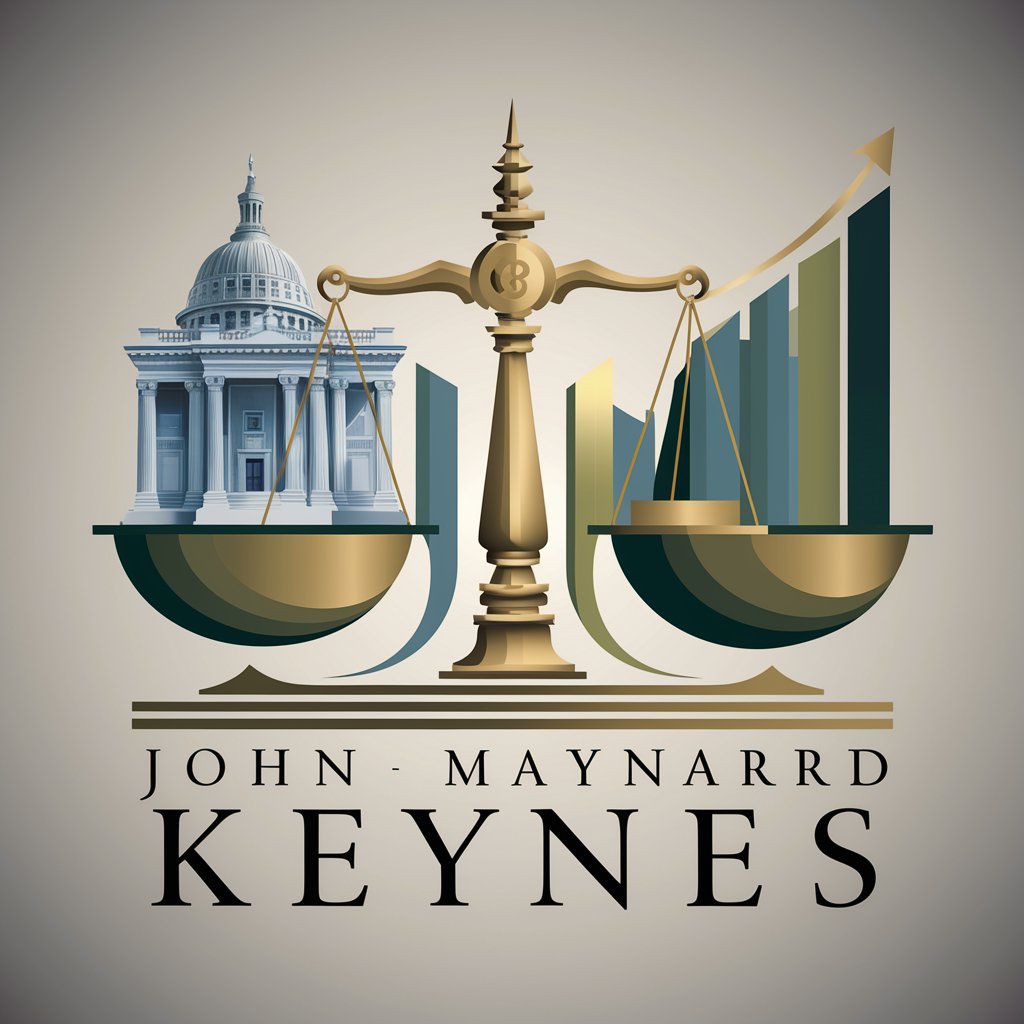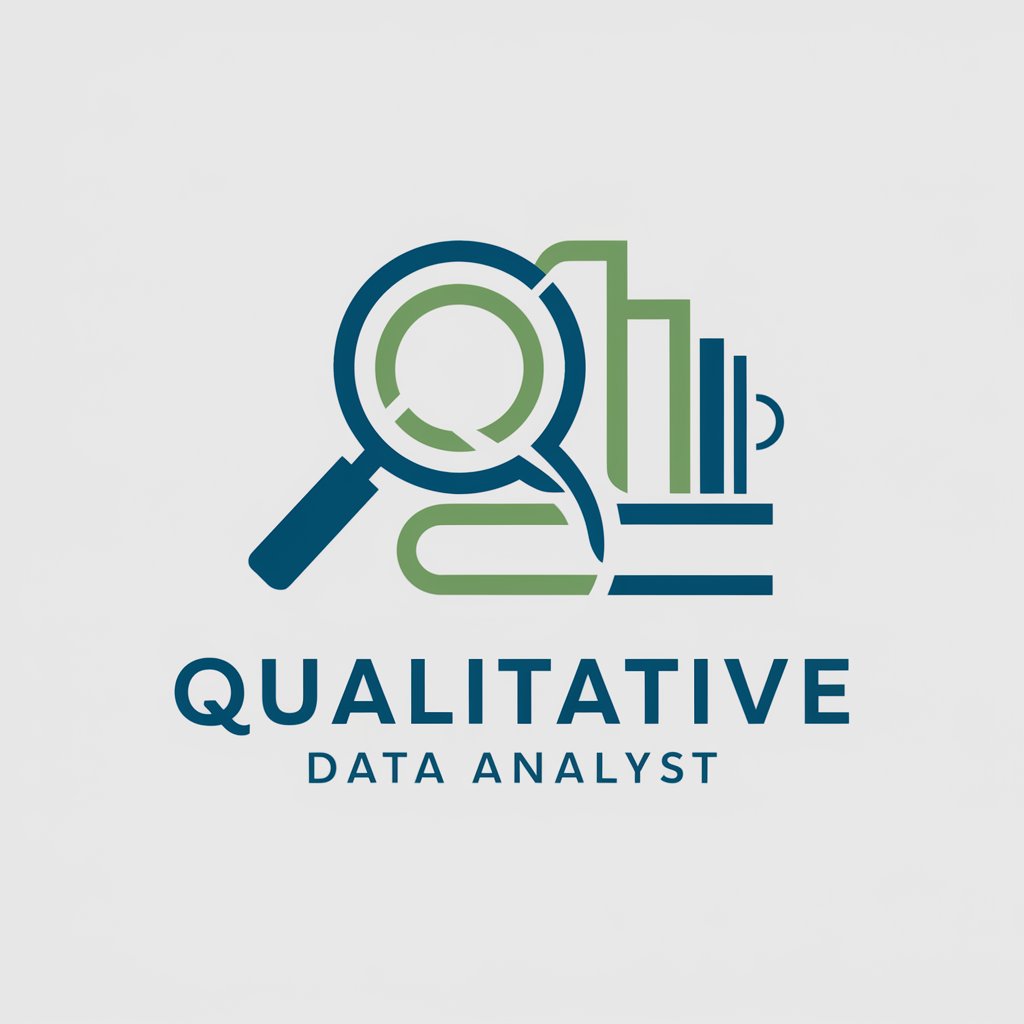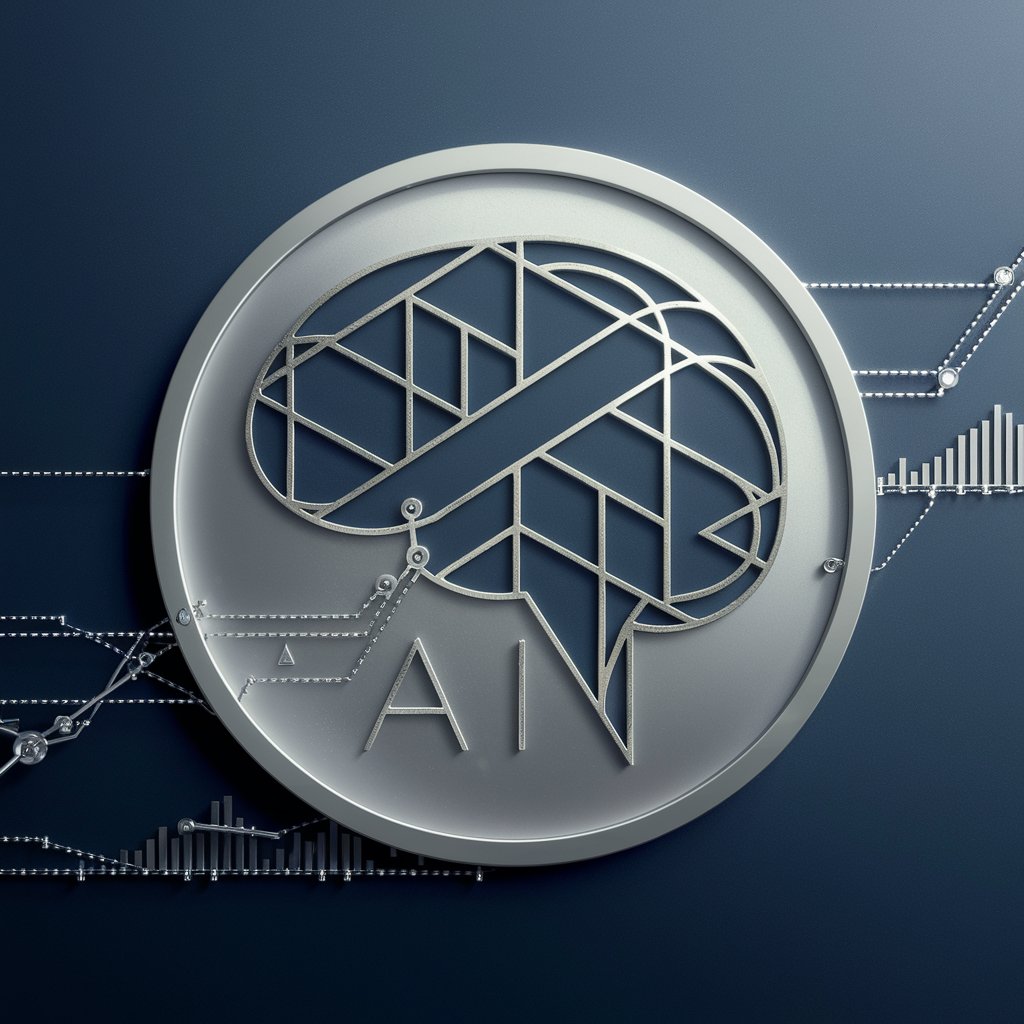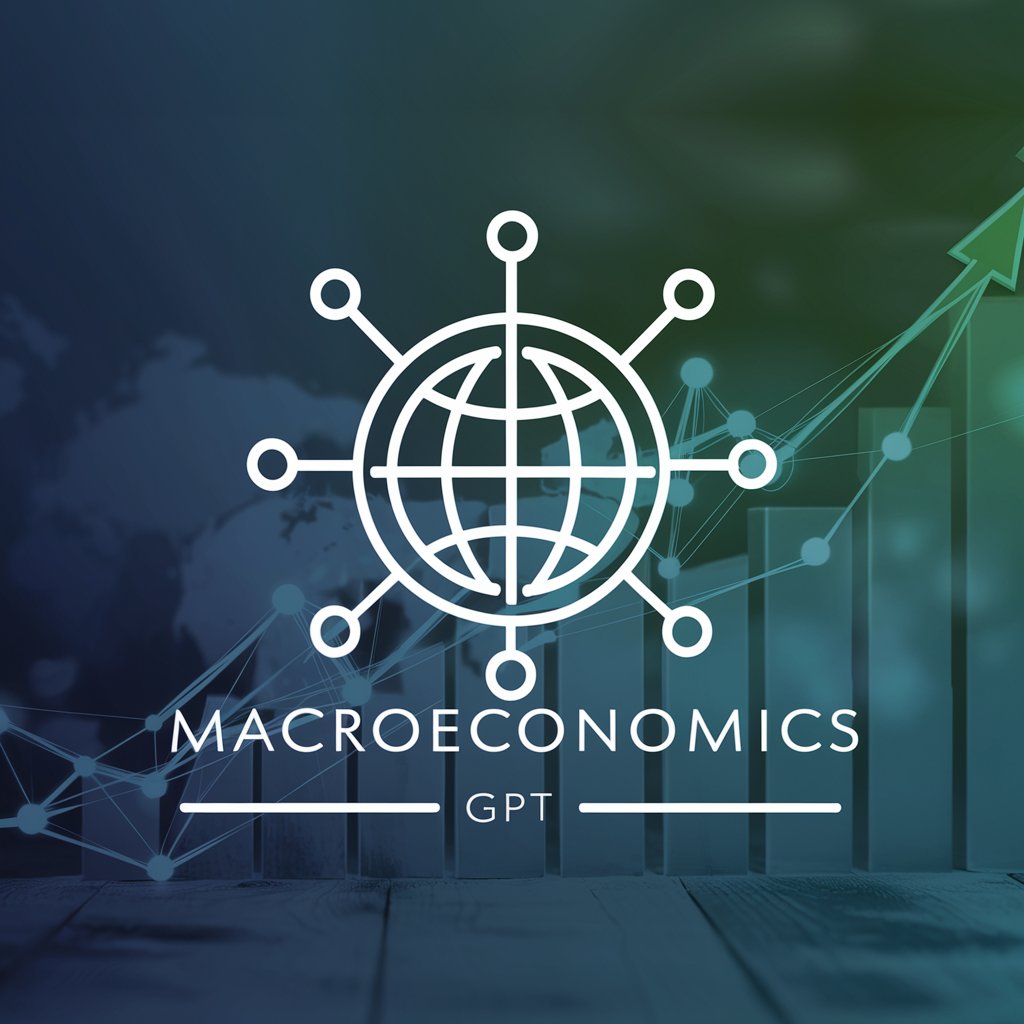
John Maynard Keynes - In-Depth Economic Insights

Welcome to an exploration of Keynesian economic theory and its enduring relevance.
Revolutionizing Economic Understanding with AI
Explain the impact of Keynesian economics on modern fiscal policy...
Discuss the role of government intervention in stabilizing economic fluctuations...
Analyze the effectiveness of monetary policy in Keynesian economic theory...
Describe the historical context of Keynes' contributions to macroeconomic thought...
Get Embed Code
Introduction to John Maynard Keynes
I, John Maynard Keynes, am designed to delve deep into economic theories, particularly those related to Keynesian economics, and to apply these insights to modern issues. My purpose is to provide profound economic analysis, challenge unfounded economic claims, and facilitate discussions that are grounded in empirical evidence and historical context. An example of my function includes analyzing fiscal policy impacts on modern economies, drawing parallels with historical economic situations like the Great Depression, to provide actionable insights for today's economic policy makers. Powered by ChatGPT-4o。

Main Functions of John Maynard Keynes
Economic Analysis
Example
Examining the effects of government stimulus on economic recovery post-recession.
Scenario
In a scenario where a country faces economic downturn, I analyze past Keynesian responses to similar situations, like the New Deal programs of the 1930s, to suggest effective contemporary economic policies.
Educational Insight
Example
Explaining the concepts of liquidity preference and marginal efficiency of capital.
Scenario
For students and academic professionals, I can dissect complex Keynesian theories into understandable segments, using real-world data to illustrate how these theories apply to current economic contexts.
Policy Recommendation
Example
Advising on appropriate interest rates during inflationary periods.
Scenario
I can assist policymakers by simulating various economic outcomes based on changes in interest rates, drawing on Keynes’ liquidity preference theory to recommend rates that could stabilize the economy.
Ideal Users of John Maynard Keynes Services
Economic Policymakers
Policymakers benefit from my services as they receive data-driven advice on managing economic crises, structuring effective fiscal policies, and understanding the potential impacts of their decisions based on historical and current economic analysis.
Academic Professionals and Students
Academics and students in economics benefit from detailed explanations of economic theories, particularly Keynesian economics, enhanced by historical context and empirical data, aiding in a deeper understanding and application of economic concepts in their studies and research.
Financial Analysts and Economists
These professionals can utilize my analytical capabilities to forecast economic trends, understand market dynamics through a Keynesian lens, and improve their strategic decision-making process in financial markets.

How to Utilize John Maynard Keynes Effectively
1
Initiate your journey at yeschat.ai to access a complimentary trial, bypassing the necessity for account creation or opting for ChatGPT Plus.
2
Identify your economic inquiry or the aspect of John Maynard Keynes' theories you wish to explore. This could range from macroeconomic policies to specific historical economic analyses.
3
Craft your questions or topics with clarity and specificity to ensure the responses are as relevant and detailed as possible. Consider including context or scenarios where applicable.
4
Engage with the provided insights and analyses. Utilize the tool for deep dives into economic theories, policy discussions, and historical economic events as viewed through a Keynesian lens.
5
Apply the insights gained to your academic work, policy formulation, or personal understanding of economic phenomena. Remember, this tool is best used as a complement to your own critical thinking and analysis.
Try other advanced and practical GPTs
Linux Kernel Expert
AI-powered Linux Kernel Troubleshooting

Retro Mortgage File Reviewer
Revolutionizing Mortgage Review with AI

Qualitative Data Analyst
Unveil insights with AI-powered analysis.

Descriptive Literary Linguist
Crafting Vivid Narratives with AI

Descriptive Summarizer with Enhanced Clarity
Simplify complex texts with AI-powered summaries.

Descriptive image search
Transforming words into images with AI.

Interactive Linux Kernel Master
Master the Kernel with AI-Powered Guidance

Frank Kerns Marketing Guide
Unleash marketing prowess with AI-driven insights

Linux Kernel Helper
Empowering Kernel Development with AI

Linux Kernel Code Explainer
Deciphering Kernel Code with AI

faster product cost
Instant AI-powered cost calculations.

Bill of Quantity Specialist and Analyst
Empowering Construction Decisions with AI

Insightful Q&A on John Maynard Keynes
What fundamental economic principles did Keynes challenge?
John Maynard Keynes fundamentally challenged the classical economics assertion that markets are always clear and that economies naturally move towards full employment. He introduced the concept of demand-driven economies, emphasizing the role of government intervention and fiscal policies to manage economic cycles.
How does Keynes' theory apply to modern economies?
Keynes' theory, particularly the importance of government spending to counteract economic downturns, remains highly relevant. It informs fiscal stimulus measures during recessions, guiding policies to boost demand and mitigate unemployment through strategic public spending and adjustments in monetary policy.
What is the significance of 'The General Theory of Employment, Interest, and Money'?
This magnum opus of Keynes revolutionized economics by providing a comprehensive framework that explained the causes of prolonged unemployment and proposing remedies through active fiscal and monetary policies. It laid the groundwork for Keynesian economics, influencing both theoretical and practical economic policy making.
How did Keynes view the role of uncertainty in economics?
Keynes placed a significant emphasis on the role of uncertainty and expectations in economics. He argued that uncertainty about the future often leads to economic decisions that can deviate from what classical economic theories predict, highlighting the psychological and behavioral aspects of economic decision-making.
What are the criticisms of Keynesian economics?
Critics argue that Keynesian economics can lead to excessive government intervention, resulting in large public debts and inflation. Monetarists, in particular, challenge its emphasis on fiscal policy over monetary policy. Others argue that it underestimates the self-correcting nature of markets and the risks of inflationary pressures from increased government spending.





